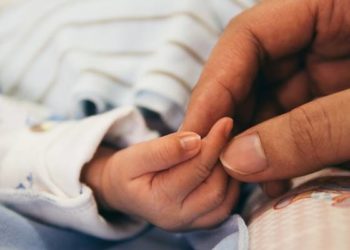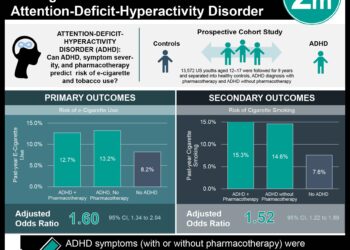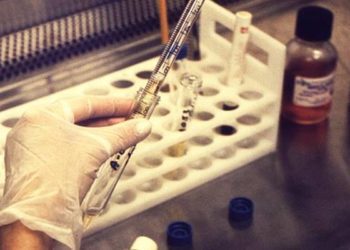Acute kidney injury more prevalent amongst extremely premature neonates
1. A secondary analysis of a randomized clinical trial found that when correcting for fluid balance, AKI was more commonly diagnosed in extremely premature neonates.
2. A diagnosis of fluid-corrected AKI resulted in a significantly higher risk of requiring mechanical ventilation, longer hospital stay, and bronchopulmonary dysplasia (BPD).
Evidence Rating Level: 1 (Excellent)
Acute kidney injury (AKI) is a common condition in premature neonates, particularly those of extremely low gestational age. The potential complications of AKI do not exist solely in the short term; AKI in neonates also increases the risk of future chronic kidney disease. The diagnosis of AKI can be complicated and delayed by levels of fluid balance due to its effects on serum creatinine levels, and fluid imbalance is quite common in extremely low gestational age neonates. The current analysis sought to determine whether correcting for serum creatinine based on fluid balance would refine the diagnosis of AKI in neonates and alter AKI’s association with short-term and long-term outcomes. This post hoc cohort analysis of 923 premature neonates (born at < 28 weeks gestational age) was conducted using date from the Preterm Erythropoietin Neuroprotection trial (PENUT), conducted between 2013 to 2016 at several centers and neonatal intensive care units (NICUs) in the United States. Fluid-corrected serum creatinine was calculated based on change in weight from birth. Of the total study population, 23.3% (n = 215) neonates received a diagnosis of AKI when not correcting for serum creatinine, whereas after correction for fluid balance, 33.9% of neonates (n = 313) met criteria for fluid-corrected AKI; 13 neonates were no longer classified as having AKI after fluid correction and 111 neonates not previously diagnosed with AKI were found to have fluid-corrected AKI. There was 87% concordance in AKI diagnosis and 95% concordance in severe AKI diagnosis between the two methods of diagnosis. The vast majority of patients who went from no AKI to a fluid-corrected AKI were classified as Stage 1. Those who were newly diagnosed with fluid-corrected AKI were more likely to require mechanical ventilation than their non-AKI counterparts (75% versus 44.3%), had longer hospital stays (102 days versus 90 days). They were also more likely to experience severe BPD (adjusted OR, 2.05; 95% CI, 1.15-3.64). There were no associations found between either type of AKI diagnosis with long-term kidney outcomes, and there were no differences in mortality between these groups. Overall, this study reflects the importance of precision in the diagnosis of AKI in premature neonates, particularly due to the fluctuating nature of fluid balance in the early days and weeks of life.
Click to read the study in JAMA Network Open
Image: PD
©2023 2 Minute Medicine, Inc. All rights reserved. No works may be reproduced without expressed written consent from 2 Minute Medicine, Inc. Inquire about licensing here. No article should be construed as medical advice and is not intended as such by the authors or by 2 Minute Medicine, Inc.







